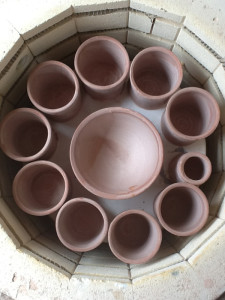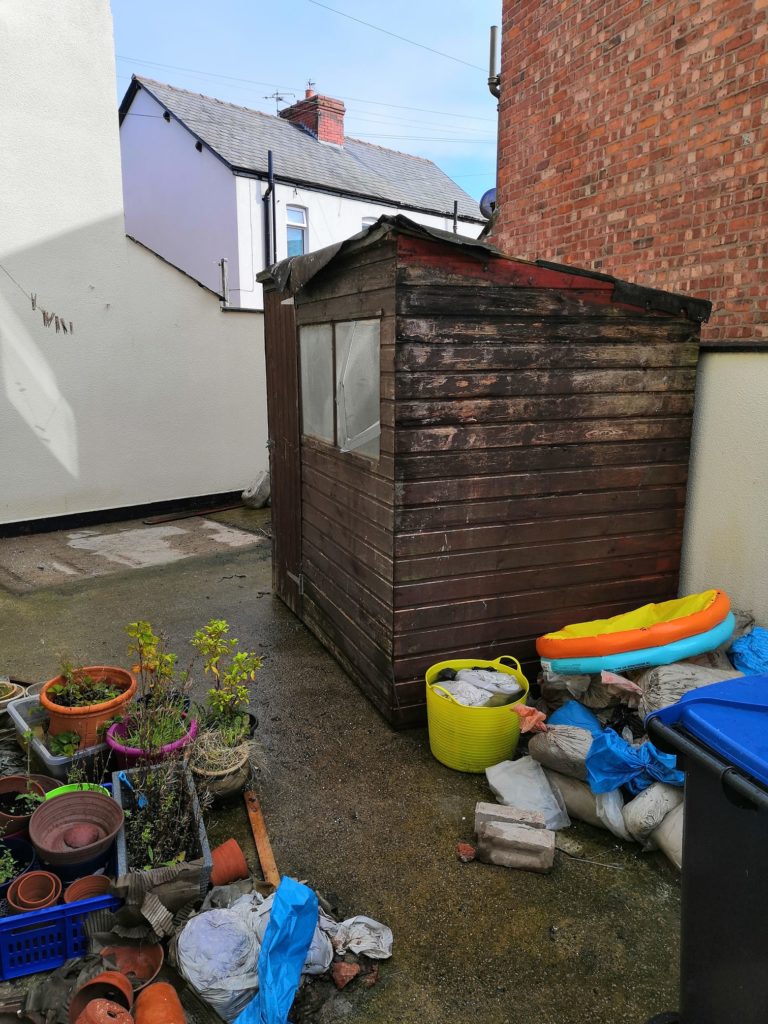Slow Starting
Staggered stumbling starts
words awkwardly twist
not forming cohesively
stopping any progress
-Red Fox Poet
Writing for the lending library I sat each piece on my desk, I measured it, entered the technical data. I had made each one, I knew them intimately by the time I came to the story I didn’t have to think too hard. So within a few hours I had written over ten thousand words, without much pausing to think.
Much like when I write poetry the words tumble out. When I started at MIRIAD I felt guilty that I worked so often from this flow of conscious thought, as there were lots of conversations that implied this wasn’t appropriate in an academic institution. It threw me; it still throws me that idea that I have to think and prepare in advanced before setting pen to paper.
Mentally I know they mean get it down on paper and edit edit edit, but that isn’t how it feels to me. It feels like a stumbling block.
The only relief I have had from this was another student being impressed that I wrote poetry in the middle of writing matters workshops, with little or no mistakes or having to cross out. How shamed would I feel if people from MIRIAD knew that I barely edited any of the writing from the Lending Library.
This week marks the start of the major push to get my dissertation done, though last month I wrote ten thousand words for the other project I struggle to make a decent start on this project. I have had so many false starts where the words just jar for me. Academic writing just doesn’t have the same flow as I feel I have to “get it right”.
My Strategies normally are:
1. Work on a different project
I like to have different projects so if one is a struggle I just jump to another to try and get some flow going. The flow state is very important to the way I work where I don’t have to think too hard about each word I put on paper.

2. Go make something out of clay
Making out of clay keeps my hands and my inner critic busy, it also helps me relax. I have found that I can focus on making and keep talking, as words seem to occupy a different part of my mind to making. When I am writing I can’t talk out loud and keep writing, it doesn’t work like that.

3. Drop everything and go out for a walk
The rhythm to walking and listening to my own footsteps, the sounds of the birds, the cars, the wind, I start looking for patterns and forget the struggle. There is something about an empty street and being able to hear your own footsteps hit the pavement and being able to control them to make a different rhythm.

4. Listen to music or a podcast
If the house is empty I put the speakers on loud and fill the room, with something other than my own thoughts. If my wife or children are at home I put my headphones onto surround myself. Either way I close my eyes and try and focus on those things.
In Closing:
Unfortunately this week I have no clay, walking and music aren’t working and the only other project I have to do is causing a bigger stumbling block than this. I guess the only way forward is to keep pushing against the resistance.








Hey, Joseph :)
Interesting that each of the strategies you have identified are all ‘distractions’ rather than head on attempts. I agree that distraction is an important means of finding one’s way back to the flow, but its still a retreat from the problem rather than an attempt to address it.
One of the suggestions I have is that you figure out how to start the process off so that its not going in cold. An old prof described it as “priming the will”, and it is related to the distraction strategies you are talking about, but instead of being a way to get out of trouble they are the means of finding the sweet spot of flow to start out. For instance, maybe it takes a good cup of coffee to get you in the right frame of mind. Maybe it takes doing a crossword puzzle first. It can be anything, but the idea is that you can figure out what things prepare you best to deal with the challenges you will face. You can ‘warm up’, as it were, in the same way that you warm up sitting down to make pots. Do you need a clean wheel to start? Do you need music or podcasts on in the background as you work? Do you need to start slowly on more modest forms and sized pieces of clay before moving on to more challenging ones? Make cups first and then pitchers?
Its like running a marathon: Do you simply decide one day to step out the door and run 24 miles? Or is there necessary preparation you need to do, stretching and practice runs, that will help you when the time comes to really run it?
What I’m suggesting is that you don’t always have to completely avoid it when things get rough. Instead you can approach it by doing smart things rather than the things that make it difficult. You need to figure out the difference, what things help and what things hinder.
For instance, if you are sweating writing the whole dissertation (and that WOULD make anyone sweat), maybe you should try writing smaller essays on individual topics that are related to or you expect will appear in your thesis.
Its just like in teaching clay exercises: You don’t always give students the big project all at once and to start with. To make a teapot you let them first work on making things with lids. Then maybe you let them work on putting handles on mugs and other non-teapot pots. Then maybe you show them how to do spouts. Its only after they have done each of the relevant parts separately, digested each one on its own, that you show them how to do the whole thing together…..
So my advice would be to pick a topic that excites you, thinking that nothing you write down needs to be serious or needs to be thought of as part of the ultimate thesis. Just write it for fun. Take the pressure off. Make the project more about the flow of what you are doing than the correctness of what you are actually writing. And once you find yourself in the flow, who knows, you may end up writing really good things that will wind up as part of the dissertation eventually.
But don’t make it about that. That is too much pressure, quite often. Its a form of stage fright, and if you know you can get sabotaged by it you never want to just walk out in front of a huge audience without being ready. Being ready is the key. And when you sit down to write you need to either know you are ready or take that pressure off and perhaps you will find that you were more ready than you imagined. Going in cold is the surest way of defeating yourself…..
That’s how it seems to me, at least :)
Good luck!
Carter
Yes I totally agree I have tried to break it down to smaller essays, as I know how many words are in in section, I planned that last month. This blog post was in its intention to prime the will by writing about something I had done to try and do some positive thinking about how much a achieved in a short space last month.
With it being holidays there are too many distractions around already and I can’t focus as it is. So I just have these short spaces of 2 hours and if it doesn’t flow quickly it doesn’t work. I prefer an empty house, one source of noise and my pen and paper.
I do already have a few pieces already written on paper in note form they just aren’t written up in full, I did them months ago generally when I have been on the train commuting to Manchester to go to University.
You are right I need to stop focusing on what I think my tutors want and just enjoy it a bit more. Been worried about finding the right voice to use for them, but the research has never been about them, it is about my work.